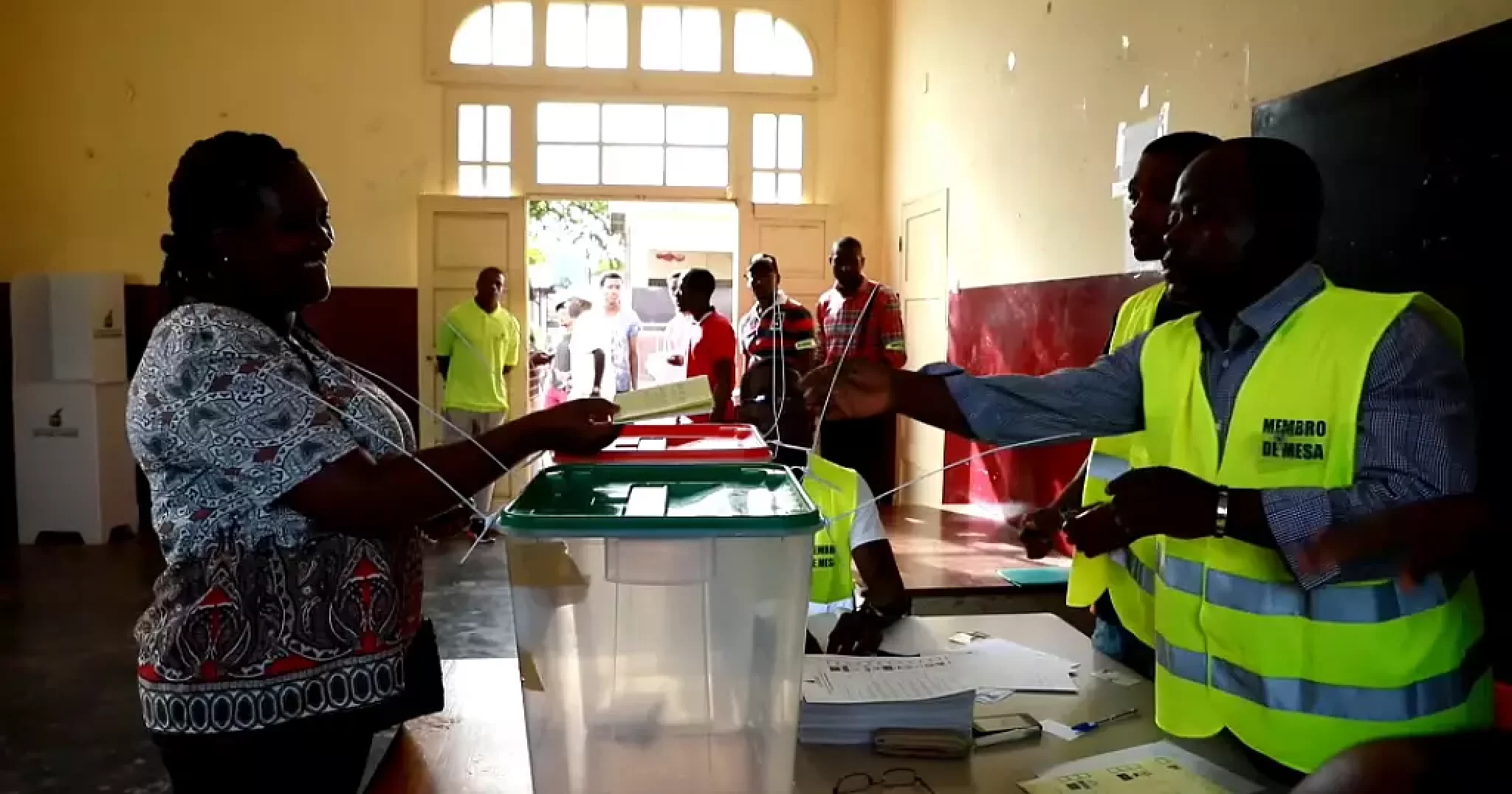São Tomé and Príncipe go to the polls as a model of democracy in Africa
Voters in São Tomé were casting their ballots on Sunday to elect the 55 members of the National Assembly and the mayors of the country’s six municipalities.
In Príncipe, votes are also being cast for the National Assembly and for the government of the autonomous region.
The archipelago of 215,000 inhabitants is considered to be a model of parliamentary democracy in Africa.
There are 11 political parties and movements contesting the election.
For the first time, 14,692 citizens residing in 10 countries in Europe and Africa elect one MP from each constituency. The remaining 53 deputies are chosen by the six districts of the island of São Tomé and the Príncipe region.
Jorge Bom Jesus heads the current Government in coalition with three other forces – the Democratic Convergence Party (PCD), the Union for Democracy and Development (UDD) and the Democratic Movement for Change (MDFM).
The Independent Citizens’ Movement, also known as the movement of Caué, a district in the south of the country, with brothers António and ‘Nino’ Monteiro, is now running in coalition with the Party of National Unity (PUN), from the Autonomous Region of Príncipe, and wants to increase the number of MPs, after in 2018 it debuted in parliament with two elected.
The election is being monitored by 100 international observers.

